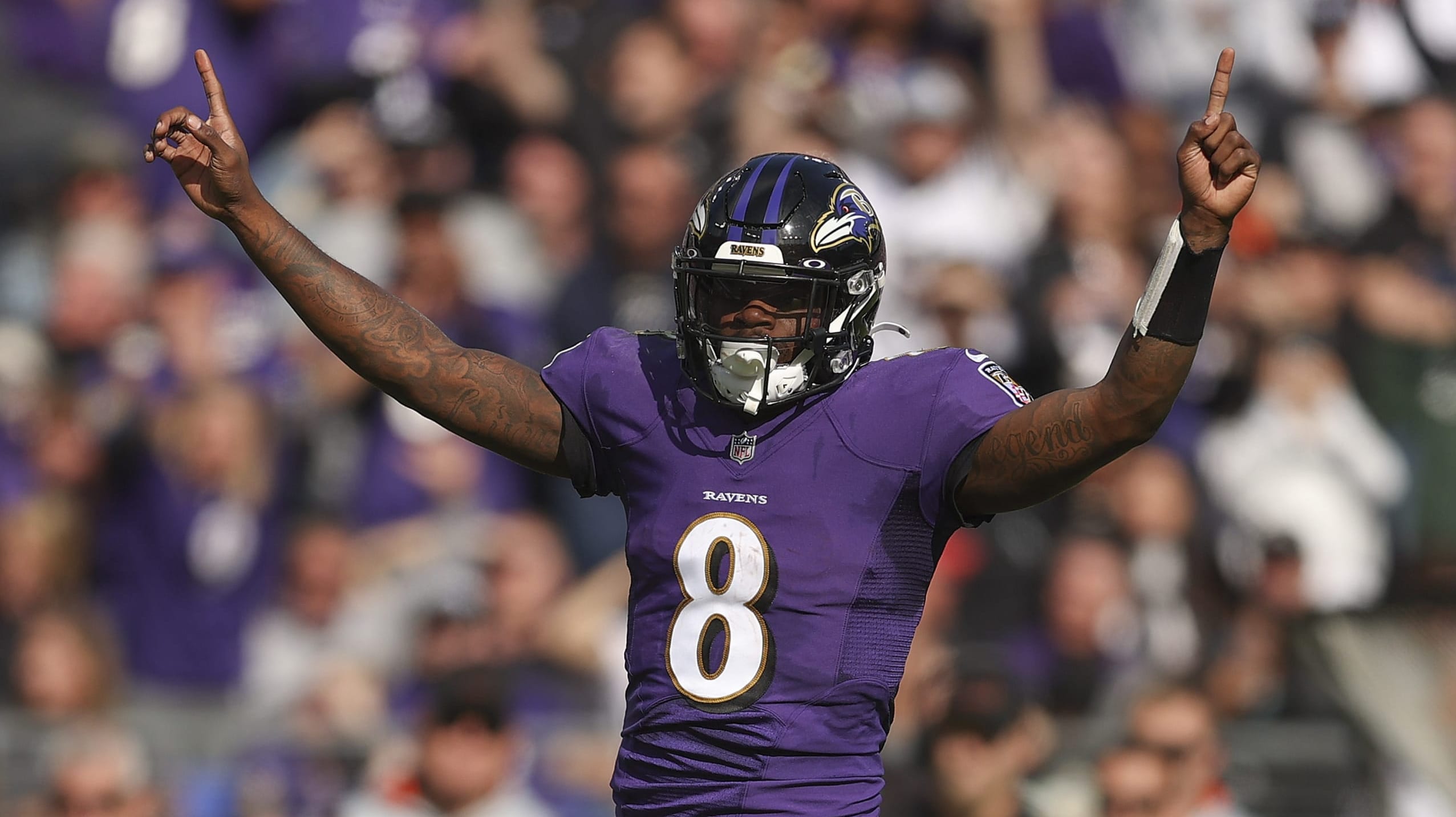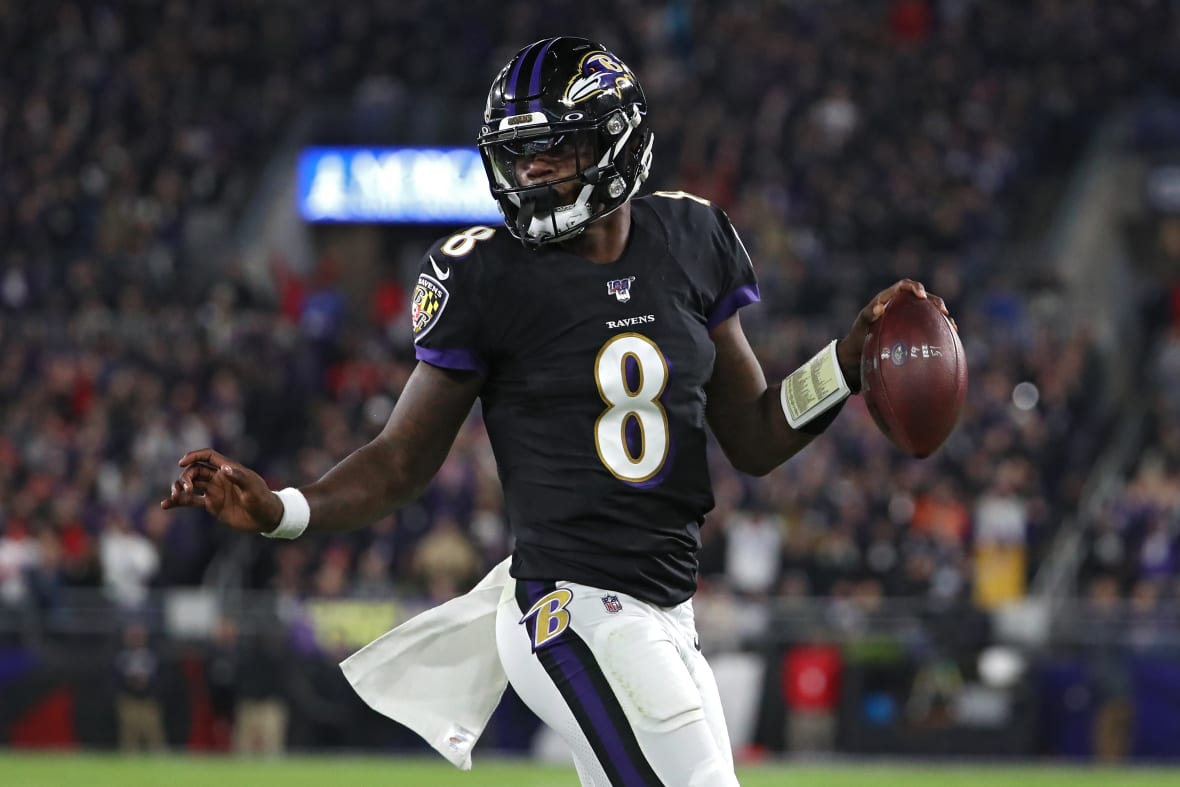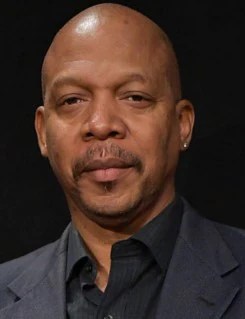Can Baltimore QB Lamar Jackson get a contract that disrupts the status quo?
Who you with — superstar quarterback Lamar Jackson or the Baltimore Ravens organization? Which party has more incentive to lie The post Can Baltimore QB Lamar Jackson get a contract that disrupts the status quo? appeared first on TheGrio.

OPINION: NFL owners, including Ravens owner Steve Bisciotti, were no fans of Deshaun Watson’s fully guaranteed $230 million deal. But Jackson has a chance to force a real change.
Who you with — superstar quarterback Lamar Jackson or the Baltimore Ravens organization?
Which party has more incentive to lie or stretch the truth about their contract impasse? Is the deadlock mainly because Jackson doesn’t have an agent or because the NFL doesn’t want a trend?
Regarding the latter, team owners were pissed last year when Cleveland gave quarterback Deshaun Watson $230 million in an unprecedented, fully guaranteed contract. They aren’t thrilled about Jackson receiving likewise from Baltimore — or any other team.
The Ravens could’ve secured Jackson’s services next season with a $45 million exclusive franchise tag. But the team used the non-exclusive tag that will pay Jackson $32 million. It also allows him to negotiate a long-term deal with another team and leave if Baltimore doesn’t match it.
Baltimore took that chance hoping the game is still rigged.
We saw signs of double-dealing right away.
So did NFL Players Association chief DeMaurice Smith, who called out the cheaters last week. “In my nearly 15-year career as executive director, I have never witnessed teams being so quick to publicly announce their lack of interest in an MVP quarterback, who is in his prime and who is going to get an injury guarantee, regardless of his contract,” Smith wrote.
Several teams immediately leaked they would not pursue a deal with Jackson. Some of those teams don’t have a quarterback at all. None have a QB close to Jackson’s caliber. Baltimore risked nothing and saved $13 million if opposing teams agree they won’t be suitors for Jackson.
Such devious coordination comes as no surprise.
“… we as a union know that owners have colluded in the past — and might do it again, as they are potentially doing right now — when it comes to highly sought-after players,” Smith writes.
To the dismay of jealous haters with superiority complexes, highly sought-after players are highly compensated individuals. Baltimore wants fans to believe it has done right by Jackson, leaking that he turned down a $200 million guaranteed deal in September. Jackson responded with a side-eye meme and a rebuttal, saying he rejected $133 million, fully guaranteed.
Who you gonna believe?
Either way, it sounds like Baltimore is roughly $30 million to $97 million short of Watson territory, the frontier that owners never want to revisit.
They understandably detested Browns owner Jimmy Haslam for opening a crack and giving Watson a guaranteed contract, which simply isn’t offered by the NFL. Haslam broke the league’s hardline against the same financial certainty enjoyed by NBA and Major League Baseball players.
Guess who said the quiet part out loud in a moment of honesty at the NFL meetings last March?
“It’s like, ‘Damn, I wish they hadn’t guaranteed the whole contract,” Baltimore owner Steve Bisciotti said. “I don’t know that he should’ve been the first guy to get a fully guaranteed contract. To me, that’s something that is groundbreaking, and it’ll make negotiations harder with others.”

Biscotti was correct in his belief that Watson — facing sexual misconduct accusations in 24 civil lawsuits — shouldn’t have been first in line for the unprecedented pact. That’s too much like rewarding creepy behavior.
But Las Vegas, Arizona and Denver soon thereafter signed Derek Carr, Kyler Murray and Russell Wilson to typical NFL contracts. Whether negotiations were more difficult or the same, those teams reestablished the status quo. Those QBs accepted less-than-fully guaranteed deals.
Jackson appears to be built different.
He’s making life and contract negotiations harder for the Ravens. Biscotti trusts that fellow owners will stay in lockstep, as they did when refusing to sign Colin Kaepernick, who four years ago settled his collusion case against the league.
Suppose Jackson isn’t the settling type? Suppose he’s the barrier-breaking type? Smith points out that guaranteed contracts didn’t become standard in the NBA until Larry Bird insisted on one in 1983. Now such deals are a given, as they’ve been in Major League Baseball since the 1970s.
“There is no sports CBA that mandates that free agent contracts be fully guaranteed,” Smith writes. “Can we be done with that myth once and for all? In leagues where fully guaranteed contracts do thrive, it is because the free agents have leveraged their power and signed them.”
Power and leverage typically usually rest with the NFL, which operates as a monopsony (a word I learned from Dominique Foxworth on Bomani Jones’ HBO show, “Game Theory.”). As the only buyer for thousands of NFL players and NFL hopefuls, the league sets the demand and controls the price. Fully guaranteed contracts are not part of the market.
That’s an artificial restraint in the players’ union view, enough to merit a grievance accusing the league of collusion. Owners allegedly agreed to make Watson’s contract the exception instead of the rule.
Baltimore doesn’t want to break ranks. If another team goes rogue with Jackson, the Ravens can match the offer and deflect blame. Biscotti merely kicked the can down the road. But the NFLPA sees a reckoning coming for owners in Philly (Jalen Hurts), Cincinnati (Joe Burrow) and Los Angeles (Justin Herbert) when their QBs seek new deals.
“Make no mistake, what is occurring right now is [owners’] effort to block the same cycle that ushered in fully guaranteed contracts in other sports,” Smith writes. “… The message for the non-quarterback free agent is equally harsh: You don’t stand a chance of getting this type of contract.”
Surely a player will join Watson eventually. Owners are incapable of letting HIM be the face of players’ fiscal assurance. They don’t want Jackson as a poster boy, either.
But can they really resist a 26-year-old MVP QB?
If Jackson holds out, they’ll have to prove it.
I’m with him, though. Someone has to fight against might for what’s right.

Deron Snyder, from Brooklyn, is an award-winning columnist who lives near D.C. and pledged Alpha at HU-You Know! He’s reaching high, lying low, moving on, pushing off, keeping up, and throwing down. Got it? Get more at blackdoorventures.com/deron.
TheGrio is FREE on your TV via Apple TV, Amazon Fire, Roku, and Android TV. Please download theGrio mobile apps today!
The post Can Baltimore QB Lamar Jackson get a contract that disrupts the status quo? appeared first on TheGrio.












